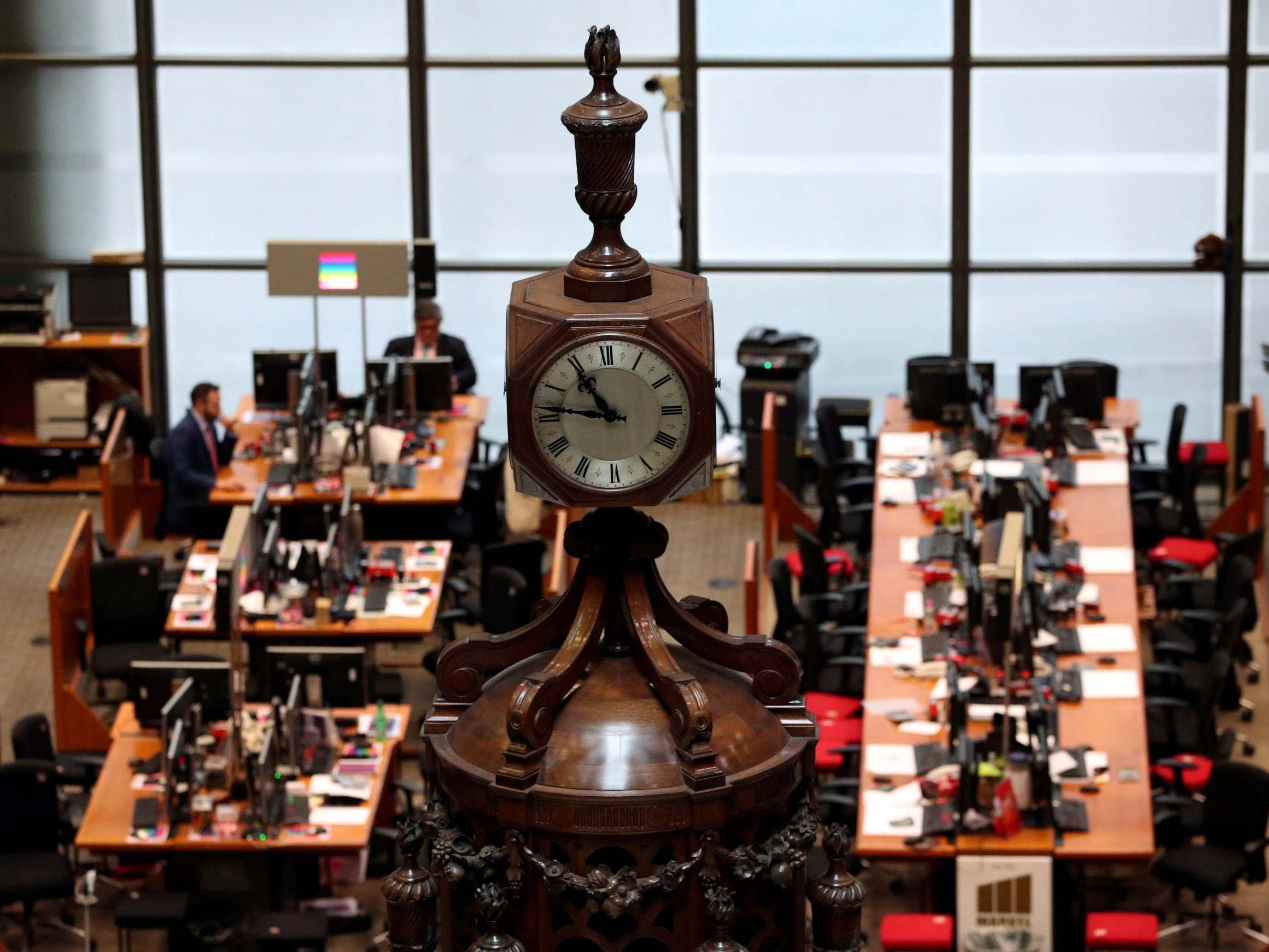Lloyd’s of London and Greene King apologise over slavery links and pledge payments to Bame groups
Two of UK's biggest companies listed on database of firms with historic links to slave trade

Your support helps us to tell the story
From reproductive rights to climate change to Big Tech, The Independent is on the ground when the story is developing. Whether it's investigating the financials of Elon Musk's pro-Trump PAC or producing our latest documentary, 'The A Word', which shines a light on the American women fighting for reproductive rights, we know how important it is to parse out the facts from the messaging.
At such a critical moment in US history, we need reporters on the ground. Your donation allows us to keep sending journalists to speak to both sides of the story.
The Independent is trusted by Americans across the entire political spectrum. And unlike many other quality news outlets, we choose not to lock Americans out of our reporting and analysis with paywalls. We believe quality journalism should be available to everyone, paid for by those who can afford it.
Your support makes all the difference.Two of the biggest companies in the UK have pledged payments to black, Asian and minority ethnic (Bame) communities after being listed on a database of businesses with connections to the slave trade.
Insurance giant Lloyd’s of London and the pub chain and brewer Greene King have promised to devote large sums to projects assisting minorities.
The two firms were named in a list of companies with historic connections to slavery compiled by researchers from University College London. Their pledges are among the first signs of the corporate sector being impacted by Britain’s recent reckoning with its history of slave trading.
Greene King was founded in 1799 by Benjamin Greene, who was given what amounts to nearly £500,000 in today’s money in return for surrendering the rights to three plantations in the West Indies after the British Empire abolished slavery.
He was one of 47,000 people who profited from compensation paid to slave owners after the abolition of slavery in 1833.
Greene King makes no mention of its founder’s links to slavery on its company website, but the company’s chief executive Nick Mackenzie told The Telegraph the website would be updated on Thursday.
“It is inexcusable that one of our founders profited from slavery and argued against its abolition in the 1800s,” he told the newspaper. “We don’t have all the answers, so that is why we are taking time to listen and learn from all the voices, including our team members and charity partners, as we strengthen our diversity and inclusion work.”
Mr Mackenzie said Greene King would invest a “substantial” amount of money “to benefit the Bame community and support our race diversity in the business as we increase our focus on targeted work in this area”.
Simon Fraser, a founder subscriber member of Lloyd’s on London, was named in the database as having been paid nearly £400,000 in today’s money when he surrendered an estate in Dominica.
A spokesperson for the insurer said: “We are sorry for the role played by the Lloyd’s market in the 18th and 19th-century slave trade. This was an appalling and shameful period of English history, as well as our own, and we condemn the indefensible wrongdoing that occurred during this period.
“We will provide financial support to charities and organisations promoting opportunity and inclusion for black and minority ethnic groups.”
Other companies named on the list that benefited directly or indirectly from the slave trade include the Royal Bank of Scotland, Barclays Bank, HSBC, and Lloyds Banking Group.
The database was compiled by UCL’s Centre for the Study of the Legacies of British Slave-ownership and contains information about every slave-owner in the British Caribbean, Mauritius or the Cape at the moment of abolition.
Join our commenting forum
Join thought-provoking conversations, follow other Independent readers and see their replies
Comments